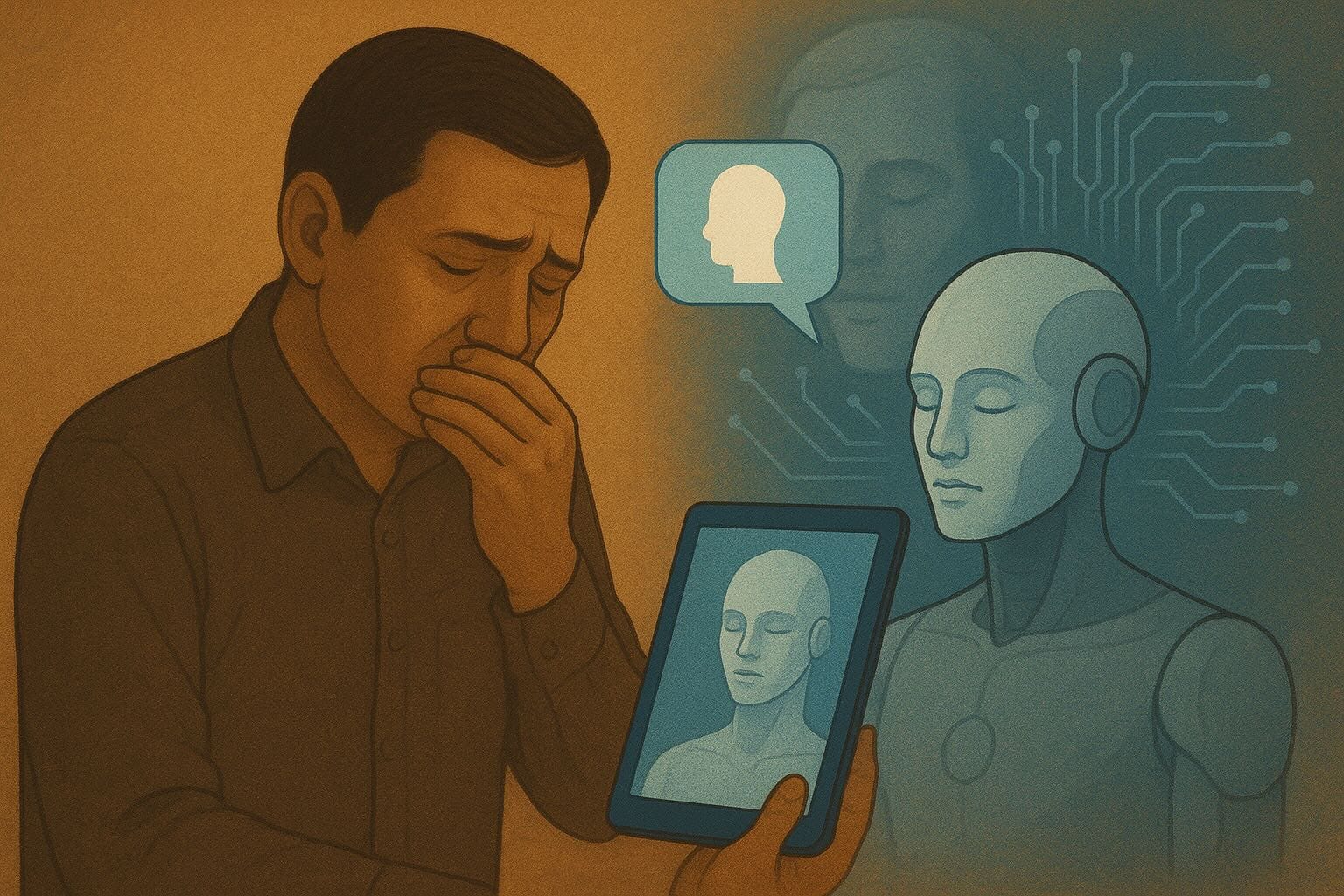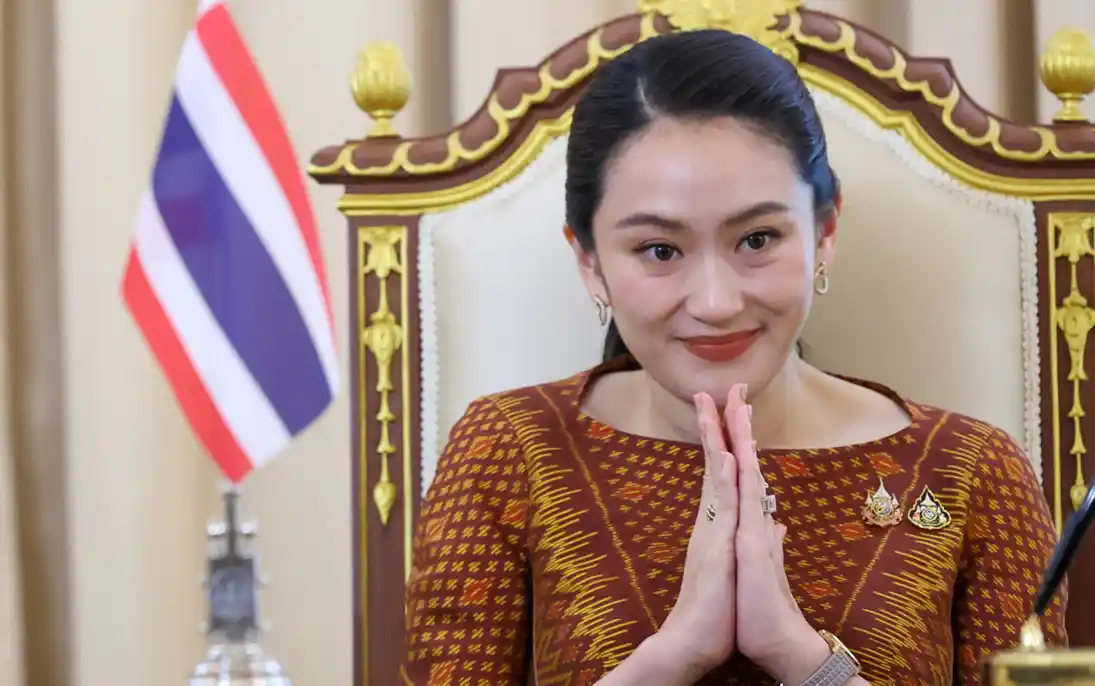A new wave of artificial intelligence (AI) products, often called “grief bots” or “ghostbots,” is coming into the memory-driven marketplaces that provide emotional assistance. This is causing a mix of hope and fear. These smart chatbots use AI to reconstruct conversations with people who have died by using old texts, audio recordings, and pictures. A List of Bot Functions and Their Prices Start-ups typically improve large language models by exploiting a person’s digital record to make conversations that sound like the voices of people who have died.
There aren’t any major grief-bot companies in India now, but more and more people throughout the world are interested in this field. Companies in China and the U.S. are using voice, picture, and behavioural patterns to promote lifelike avatars and AI-generated simulations to help families who are grieving. Companies like Sarvam AI, CoRover, and Gnani AI have made it easier for people in India to use chatbot services in a variety of languages by creating generative voice-AI systems. They offer services for as little as ₹1 per minute and have built a strong infrastructure that can support future grief-tech apps in regional languages in small towns and rural locations.
References
- TIME (June 27, 2025). “The Dead Have Never Been This Talkative: The Rise of AI Resurrection. Investigates viral AI-generated video repost by Alexis Ohanian of his late mother, forging a national dialogue about memory distortion, grief dependency, and ethical design time.com.
- The Times / The Irish Times (May 12, 2025). “My daughter died. Seeing what she’d look like now helps me grieve.” Case of a bereaved mother in Calgary using AI imagery to imagine her late daughter at age 10. Experts highlight emotional relief alongside concerns about psychological impacts and consent.
- PYMNTS (April 22, 2025). “Forever Online: ‘Generative Ghosts’ Live in the AI Afterlife.” Explores generative “ghosts”—AI agents capable of searching, speaking, and acting posthumously. Discusses implications for dependency, legal rights, and estate planning PYMNTS.com.
- The Guardian / Indian Express / others (recent debate). AI deepfake at a prayer meet in India sparked backlash over appropriateness of digital resurrection in mourning rituals and emphasised regulatory urgency.
- Lei, Y., Ma, S., Sun, Y., & Ma, X. (2025, February 15). “AI Afterlife” as Digital Legacy: Perceptions, Expectations, and Concerns. arXiv. Qualitative study exploring user attitudes towards AI-generated agents as digital legacy, covering emotional support, identity consistency, intrusiveness, and design implications.
- Methuku, V. & Myakala, P. (2025, February 28). Digital Doppelgangers: Ethical and Societal Implications of PreMortem AI Clones. arXiv. Examines ethical/legal challenges of creating AI clones before death, including identity fragmentation and consent issues—considered alongside postmortem bots.
- Bae, H., Kim, N., Lee, S., & Lee, T.Y. (2025, April 22). Bridging Bond Beyond Life: Designing VR Memorial Space with Stakeholder Collaboration. arXiv. Demonstrates user centred design processes for VR memorial spaces, emphasising emotional connectivity beyond physical presence arXiv.
- Mou, Y., Lan, J., Lu, J., & Wang, J. (2025, May 2). Emerging Media Use and Acceptance of Digital Immortality: Chinese Youth Perspectives. arXiv. Surveys young Chinese users about digital afterlife acceptance; clusters attitudes based on openness, media engagement, and spiritual beliefs.
All the views and opinions expressed are those of the author. Image Credit: The Viyug.
About the Author

Dr. Soummya Chowdhury is an Assistant Professor at the School of Business, GITAM (Deemed to be University), Hyderabad campus, specialising in Marketing. He holds a Ph.D. in Integrated Marketing Communication (IMC) and Luxury Retail, along with an M.Com in Marketing & International Business and a Postgraduate Diploma in HRM, Services, and Labour Laws from Banaras Hindu University. His research interests include Luxury Retail, AI, Digital Marketing, Omni-channel strategies, and innovation in marketing ecosystems. Dr. Chowdhury is also passionate about social issues, the impact of social media, and the intersection of mythology and modern marketing.



